Exact Answer: 3 Months
Vasectomy helps in avoiding unwanted pregnancy. But vasectomy is an operation that provides permanent sterilization, which means you won’t have the chance to father a child in the future. Hence, you need to be sure before having this surgery. As hardly any complications occur in this surgery, this surgery is done in an outpatient setting and the person is not hospitalized. After you have recovered from the surgery, you may feel uncomfortable at first few times while having sex, but you’ll be okay with time. Although this is a form of permanent sterilization, vasectomy reversals are possible but they are highly expensive.
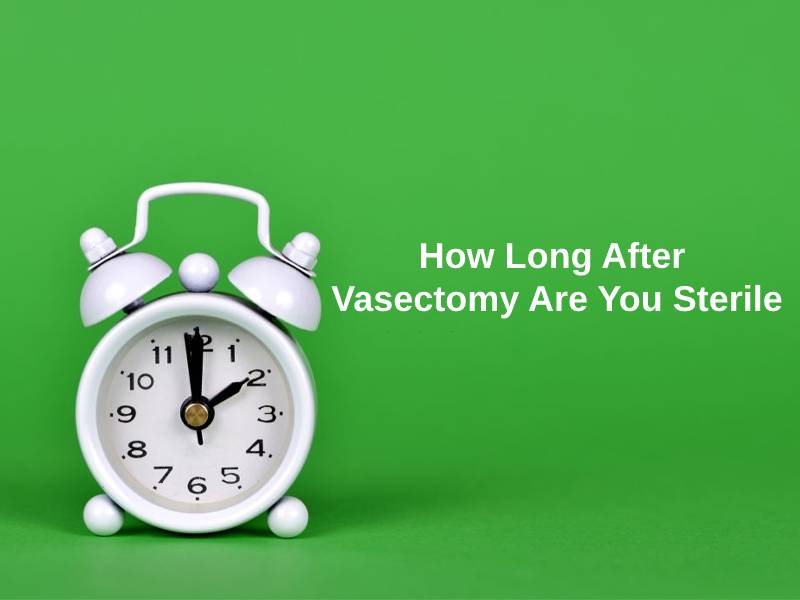
How Long After Vasectomy Are You Sterile?
| Wound to heal | 2 weeks |
| Doctor check-up | 6-12 weeks after surgery |
| Complete sterilization | 3 months |
After the vasectomy operation, a person will need 3 months before he can become completely sterile. Being sterile is a state where that person’s sperm count becomes zero. These operations are highly effective to avoid unwanted pregnancy. And it had been observed that most of the vasectomy cases have been successful with not many complications. Once the operation is done and your wound has healed, you will observe that you are well.
In these three months, if you experience you experience any side effects, then you should consult your doctor right away.
Why does it Take That Long After Vasectomy to be Sterile?
The vasectomy operation can be done in two different procedures. In the first procedure, two cuts are made by the doctor. And these cuts are later sealed up by putting stitches in the area. In this procedure, the first step the patients need to take after the surgery is to make sure the surgical site heals properly. In the second procedure, vasectomies are done without a scalpel. If this procedure is used, then the time needed for recovery is relatively less and there’s a low risk of complications as well.
But irrespective of the procedure used, the person needs to take care of himself and give time to the wound to recover. The wound normally takes almost 2 weeks to heal itself, but sometimes it may take more time as well. The person is not supposed to have sex before the wound heals completely. This is because, due to sex, your body may undergo some injuries which will further delay the recovery process.
Even when the wound heals itself, you may experience some pain or swelling around the area because of having sex. Thus, the doctors would suggest avoiding having sex during these three months.
Conclusion
Thus, after vasectomy, it takes 3 months for a person to become completely sterile. During these three months, it is not suggested to have sex without contraception as it may lead to unwanted pregnancy. And you are not supposed to exhaust yourself in any way before the healing process ends. To make your wound heal properly, you must take good rest, wear comfortable clothes, maintain hygiene, and avoid doing heavy work. Once you are fully recovered from the operation, you will no longer face any pain or other complications while having sex. This operation will not affect your sexual organ. But keep in mind that this process will not prevent you from getting any sexually transmitted infections. Thus it’s important to use contraception even after getting a vasectomy.





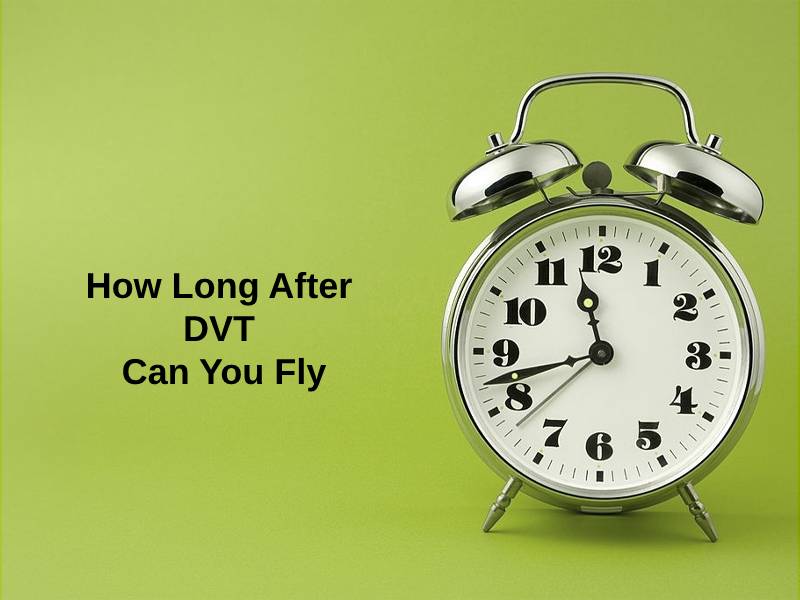
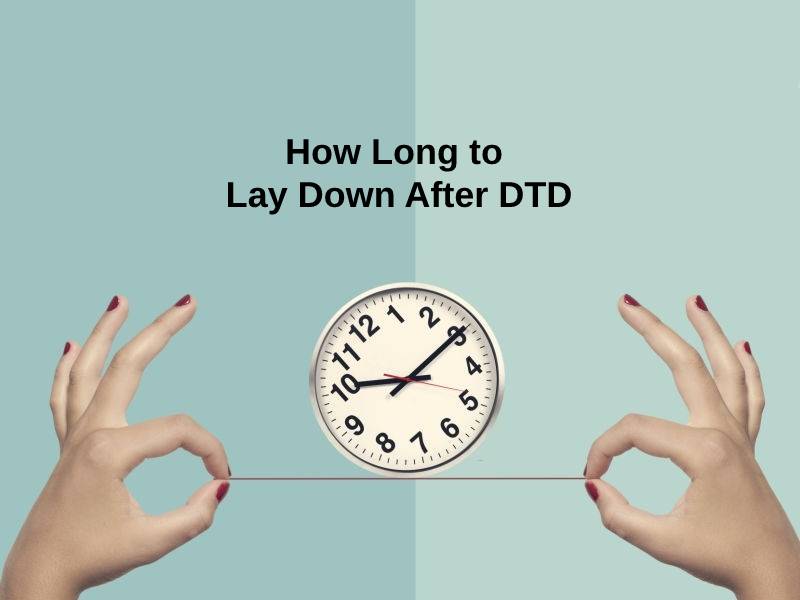
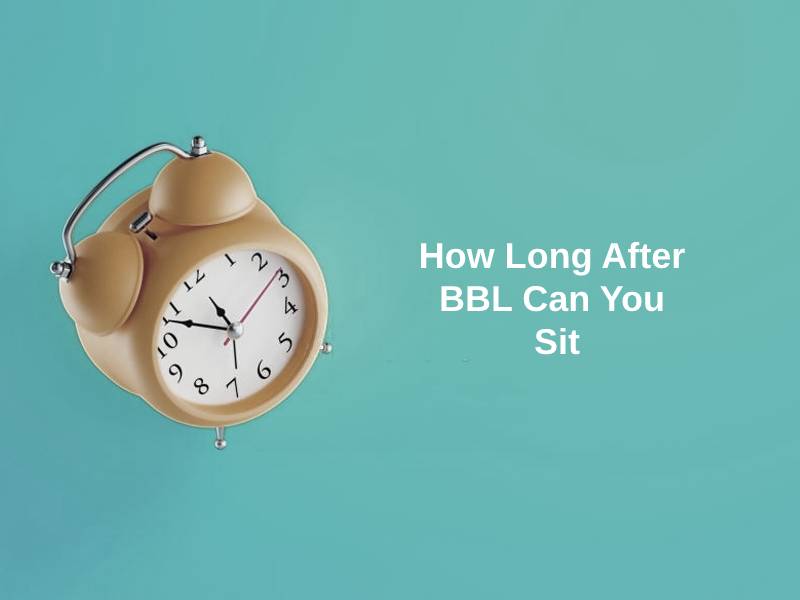
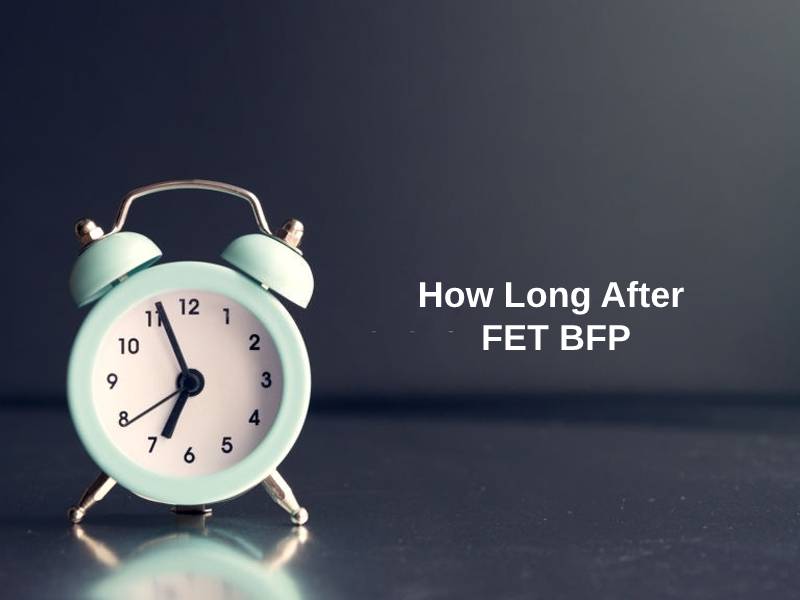
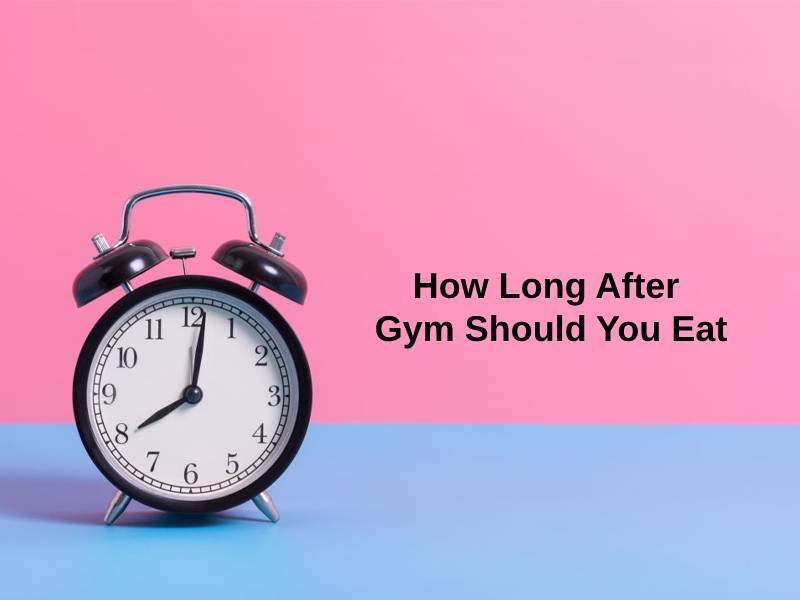
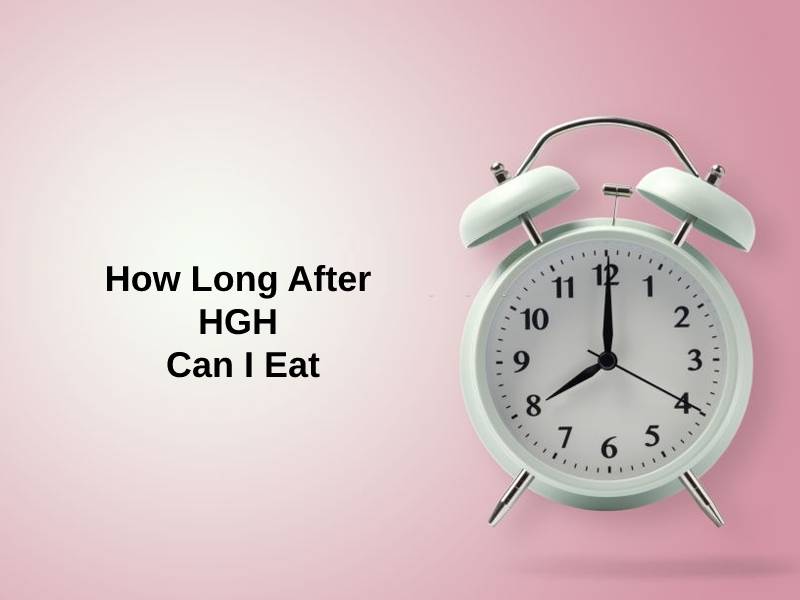
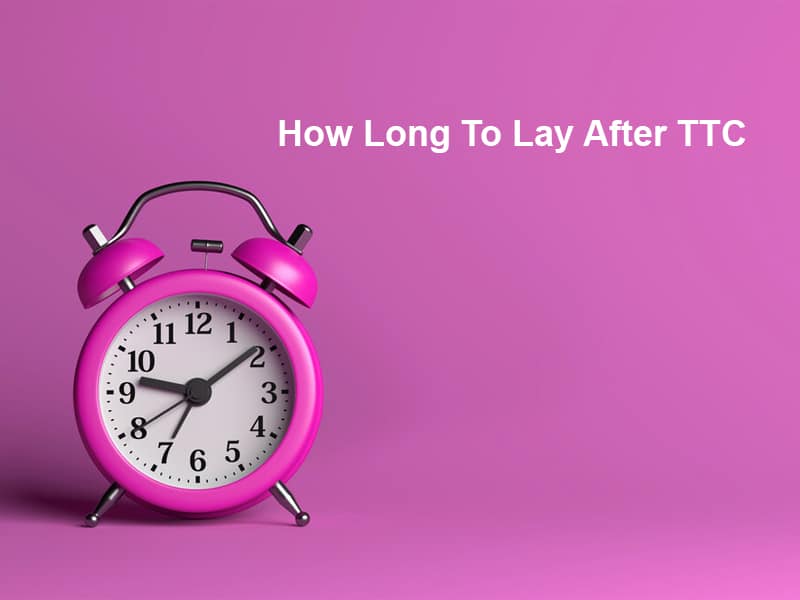
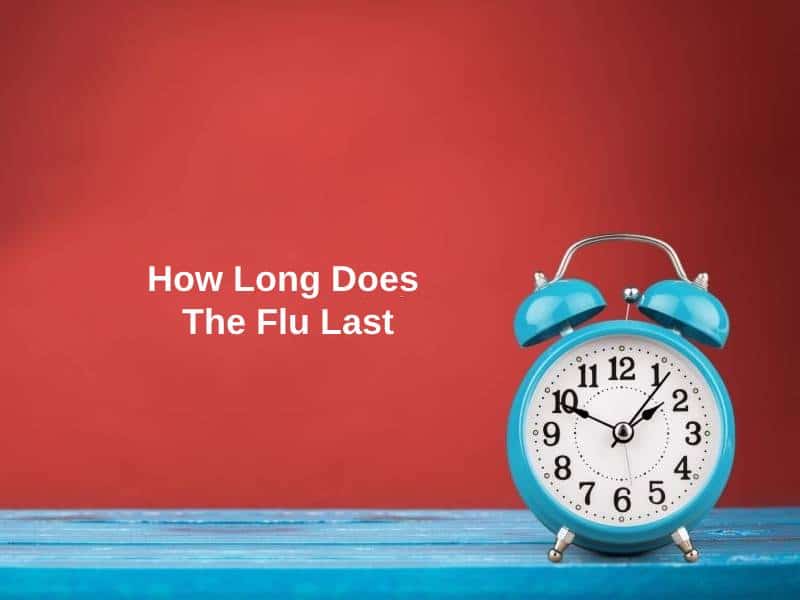
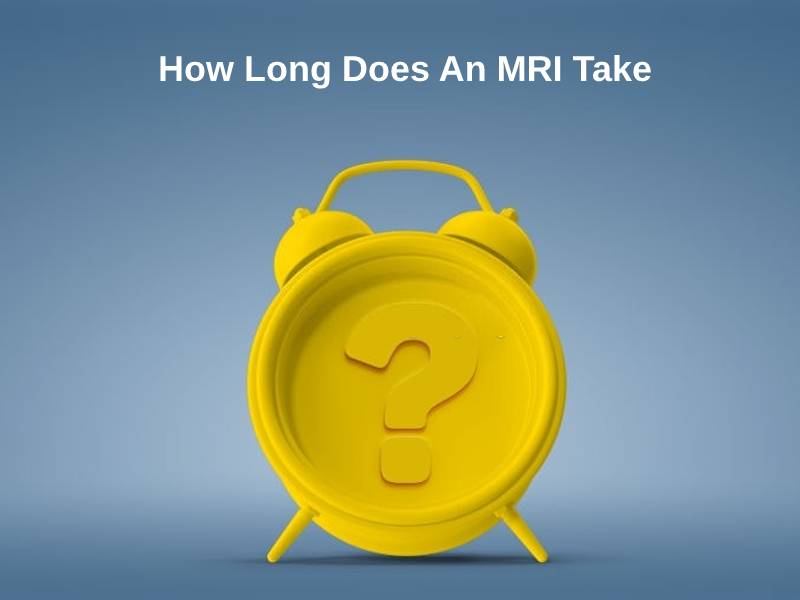
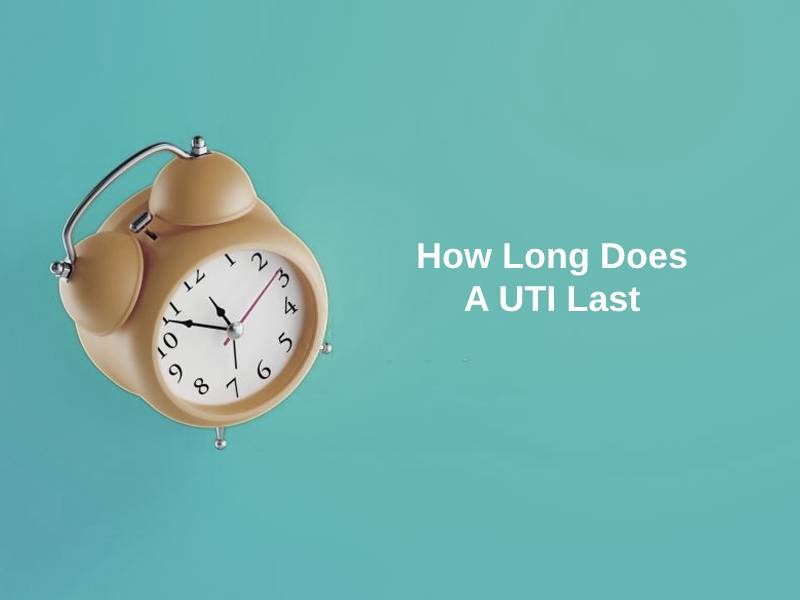

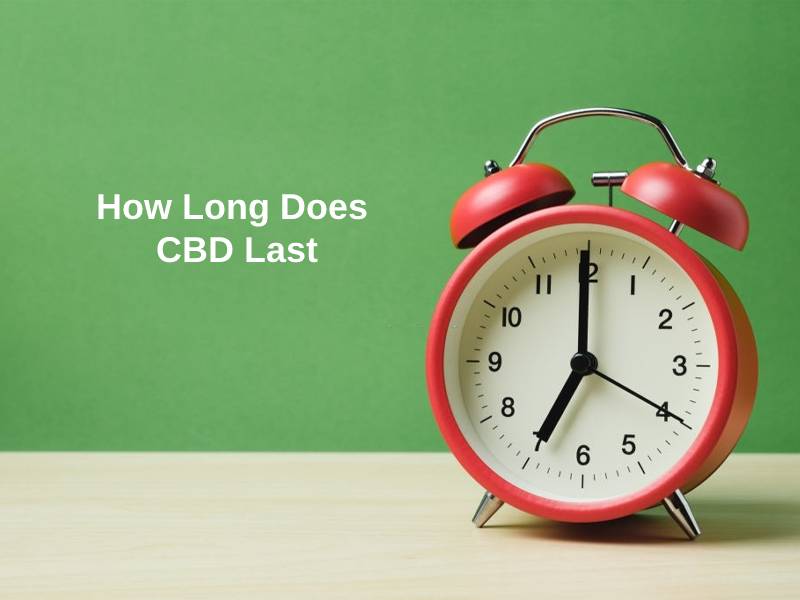

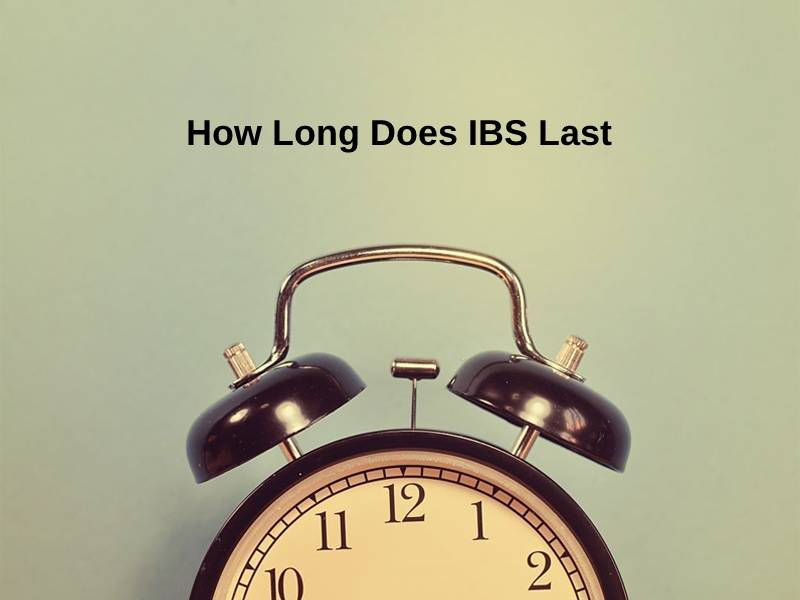
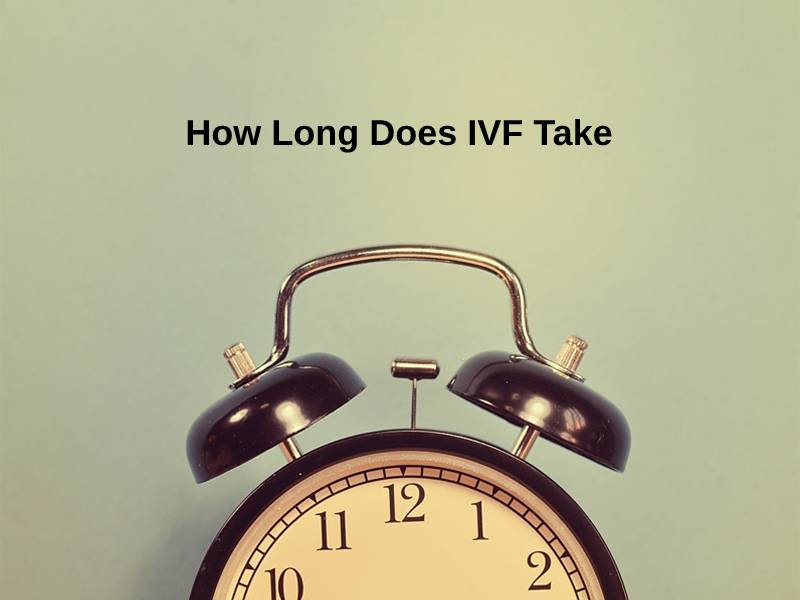

This article provides important considerations for anyone considering a vasectomy. It’s crucial to be well-informed.
Agreed. Understanding the recovery process is essential for individuals who are thinking about having a vasectomy.
This post offers important information for individuals considering a vasectomy. It’s crucial to be well-informed about the recovery period.
Absolutely. Recovery considerations are essential for anyone thinking about having a vasectomy.
Definitely. Comprehensive information about the recovery period is key for individuals considering this procedure.
It’s great to have such detailed information about vasectomy recovery. People considering this procedure need to know what to expect.
Absolutely. Knowing all aspects of the procedure and recovery is essential to making informed decisions.
This post is very detailed. It provides insightful information about both the physical recovery and the impact of having a vasectomy.
Absolutely. Comprehensive information is crucial when considering any medical procedure.
The recovery period after vasectomy is a critical aspect that individuals need to understand. This article provides important insights.
Absolutely. Having detailed information about the recovery process is invaluable for those considering a vasectomy.
Absolutely. Being well-informed about the recovery period is essential for anyone considering a vasectomy.
There are so many myths surrounding vasectomy, it’s good to see scientific, evidence-based information to clear up misconceptions.
Absolutely, the more reliable information we have, the better decisions we can make.
The recovery period after vasectomy is a vital aspect that should be considered. This article provides valuable insights.
Definitely. It’s important to have a clear understanding of the recovery process to make informed decisions.
Thank you for explaining the recovery period after vasectomy. It’s important that individuals are aware of what to expect.
This is a very helpful article, it provides important information about vasectomy, and how long it takes to be sterile.
Yes, I agree with you. It is critical to fully understand the facts before undergoing a vasectomy procedure.
The article is quite informative, and it’s good to know about the recovery process after vasectomy.
Definitely. The recovery period and effectiveness of vasectomy are factors that individuals should carefully consider.
Yes, it’s crucial to be fully informed about the recovery period as well as the effectiveness and implications of the procedure.